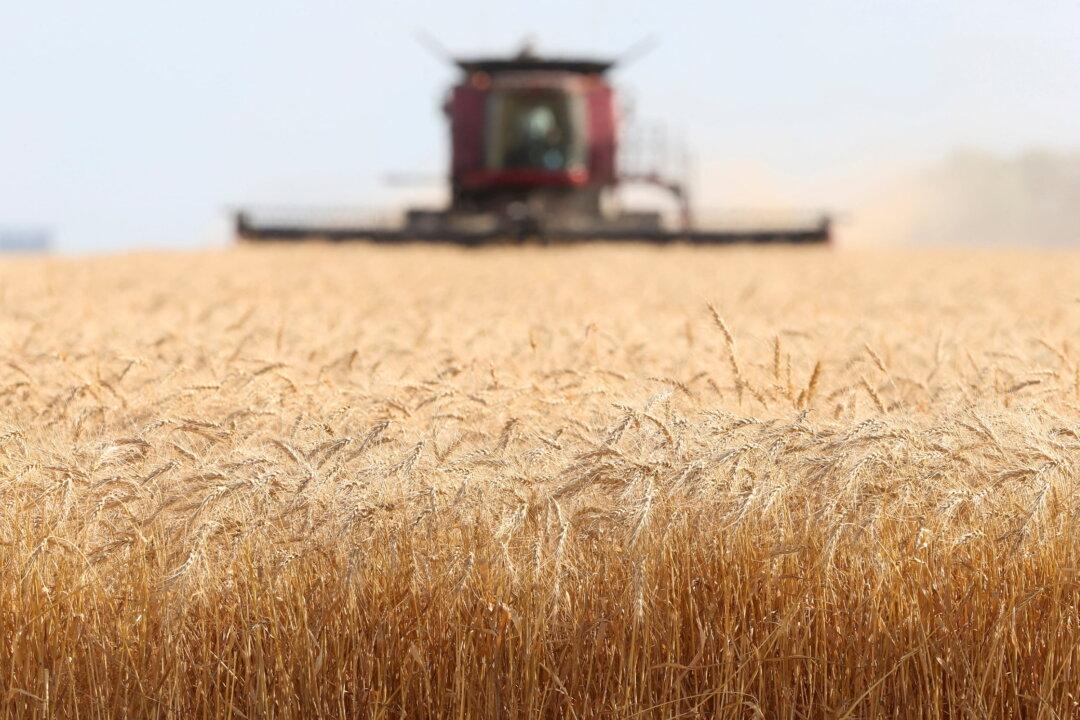The federal government’s Sustainable Agriculture Strategy is causing concerns for agricultural producers, given its potential impacts on farm practices.
The discussion paper for the strategy, released Dec. 12, proposes five goals.

The federal government’s Sustainable Agriculture Strategy is causing concerns for agricultural producers, given its potential impacts on farm practices.